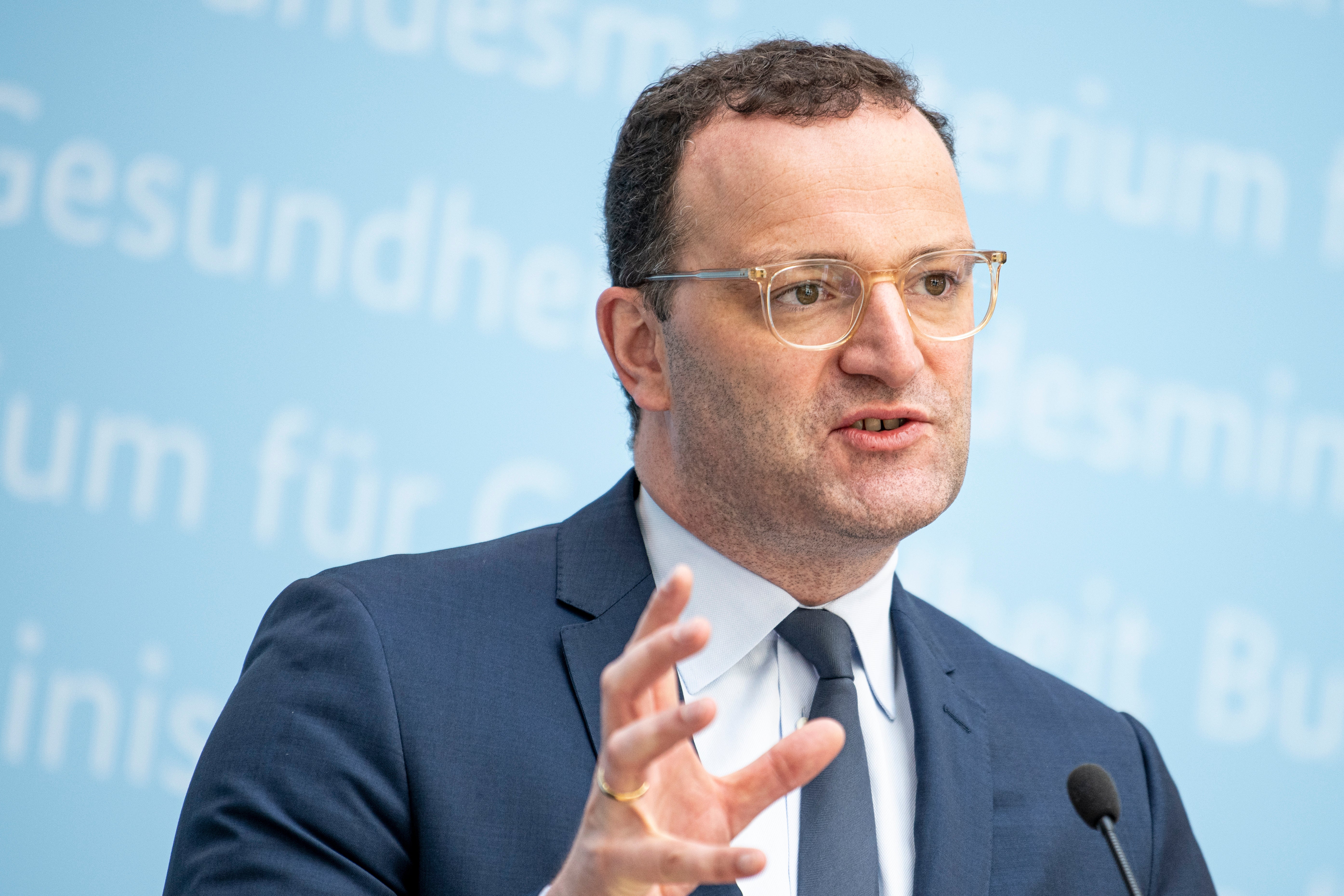Germany recommends combination of AstraZeneca, mRNA shots
Germany is recommending that all people who get a first shot of the AstraZeneca coronavirus vaccine switch to a different type of vaccine for their second shot

Germany is recommending that all people who get a first shot of the AstraZeneca coronavirus vaccine switch to a different type of vaccine for their second shot. The aim is to increase the speed and effectiveness of vaccinations as the more contagious delta variant spreads.
Health Minister Jens Spahn conferred with his colleagues from Germany's 16 states on Friday, the day after the country's standing committee on vaccination issued a draft recommendation. In a statement, the committee said that “according to current study results,” the immune response from a mixture of AstraZeneca with an mRNA vaccine was “significantly superior” to that from two doses of AstraZeneca.
It recommended that the second dose with an mRNA vaccine — Germany uses those made by BioNTech-Pfizer and Moderna — be administered four weeks or more after the first AstraZeneca shot. That is much shorter than the nine to 12 weeks the committee recommends between two doses of AstraZeneca.
The committee, known by its German acronym STIKO, didn't detail what studies its conclusion was based on. Germany's disease control center noted that it was a draft, and that a final recommendation with more detail and sourcing will follow. Researchers have said that mixing vaccines is likely safe and effective, but are still gathering data to be sure.
German authorities already decided in April that under-60s who had received a first AstraZeneca shot should as a rule get a second shot of an mRNA vaccine. The decision came after the AstraZeneca vaccine was linked to extremely rare blood clots in younger people. Germany recommends that under-60s consult with a doctor before taking it.
Spahn said Friday that enough mRNA vaccine is available to implement the new recommendation quickly and that it “makes the AstraZeneca vaccine more attractive,” with large quantities now arriving and the prospect of a much shorter wait for the second shot.
He said the head of STIKO told ministers that the combination of AstraZeneca and BioNTech “protects as least as well as BioNTech-BioNTech as a combination, in some cases even better.” But he also stressed that two doses of AstraZeneca give good protection. BioNTech-Pfizer has been the mainstay of Germany's campaign, with AstraZeneca a distant second in terms of doses administered.
Germany is keen to keep upping the pace of its vaccination campaign even as new infections have sunk to their lowest level in months, pointing to the rise of the delta variant. Authorities believe it now accounts for more than half of new cases, and are keen to ensure that people get their second vaccine shots.
“Only double-vaccinated protects well against delta,” except in the case of the single-shot Johnson & Johnson vaccine, Spahn said.
As of Wednesday, Germany had given at least one shot to 55.1% of its population, and 37.3% were fully vaccinated. “That's a good figure, but it's still not enough,” Spahn said.
Chancellor Angela Merkel who is 66, recently received a second shot of Moderna's vaccine after taking a first shot of AstraZeneca. Her spokesman said that was a conscious effort to encourage people not to be afraid if they are advised to get a mix of shots.
Bookmark popover
Removed from bookmarks